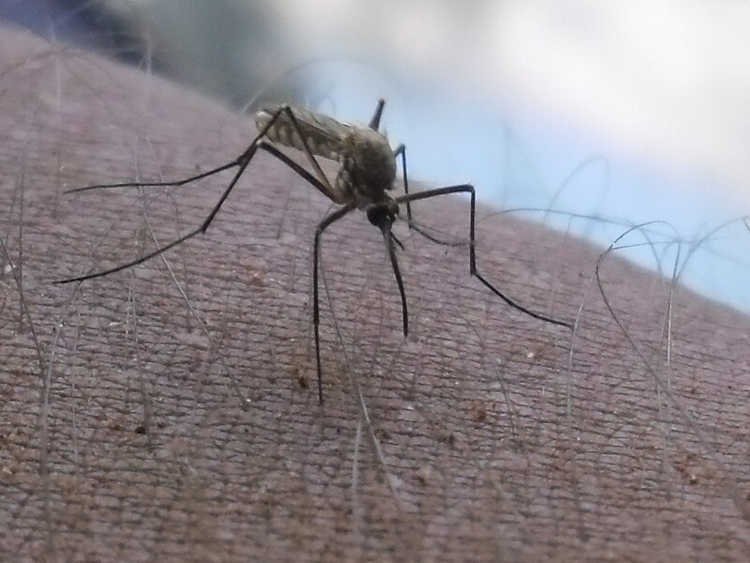Sudan is on the verge of a health crisis if immediate actions are not taken to address the growing number of dengue fever cases in the Khartoum North region of the country.
Development Diaries reports that security challenges and a shortage in health services and medicine in Bahri have seen over 300 cases of dengue fever recorded in the past months.
We understand that in Bahri neighbourhoods, 200 cases of dengue fever have been recorded, 20 cases in El Majad, 50 cases in El Sofia, two cases in El Dongola, 12 cases in Hamid, and 100 cases in Shambat, according to a doctor from Bahri Emergency Room.
‘Every day that passes the medicine, food, and water supply situation gets worse. People are forced to drink polluted well water that contains an exceedingly high percentage of salt’, said Ryan Saleh Eldin.
‘Rubbish and corpses are piled up in the streets, and flies and mosquitoes proliferate’.
Dengue fever, also called dengue haemorrhagic fever, can manifest as severe acute viral infections, usually with a sudden onset of fever, malaise, headache, and myalgia followed by pharyngitis, vomiting, diarrhoea, skin rash, and haemorrhagic manifestations.
The outcome is fatal in more than 50 per cent of the cases, according to a World Health Organisation (WHO) report.
Development Diaries calls on the warring forces, state and local organisations, and state institutions to intervene urgently and deal with the situation to prevent the already critical humanitarian state of the country from deteriorating further.
Source: Dabanga
Photo source: Surya Prakash.S.A.







